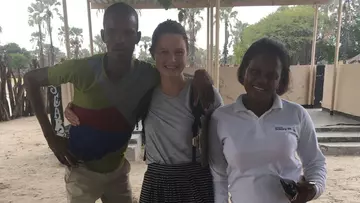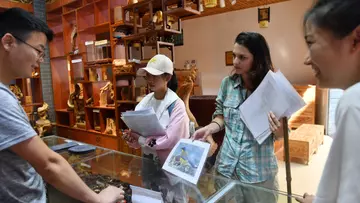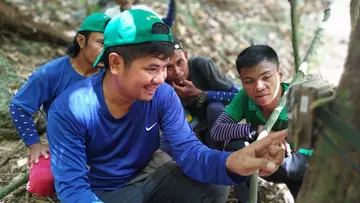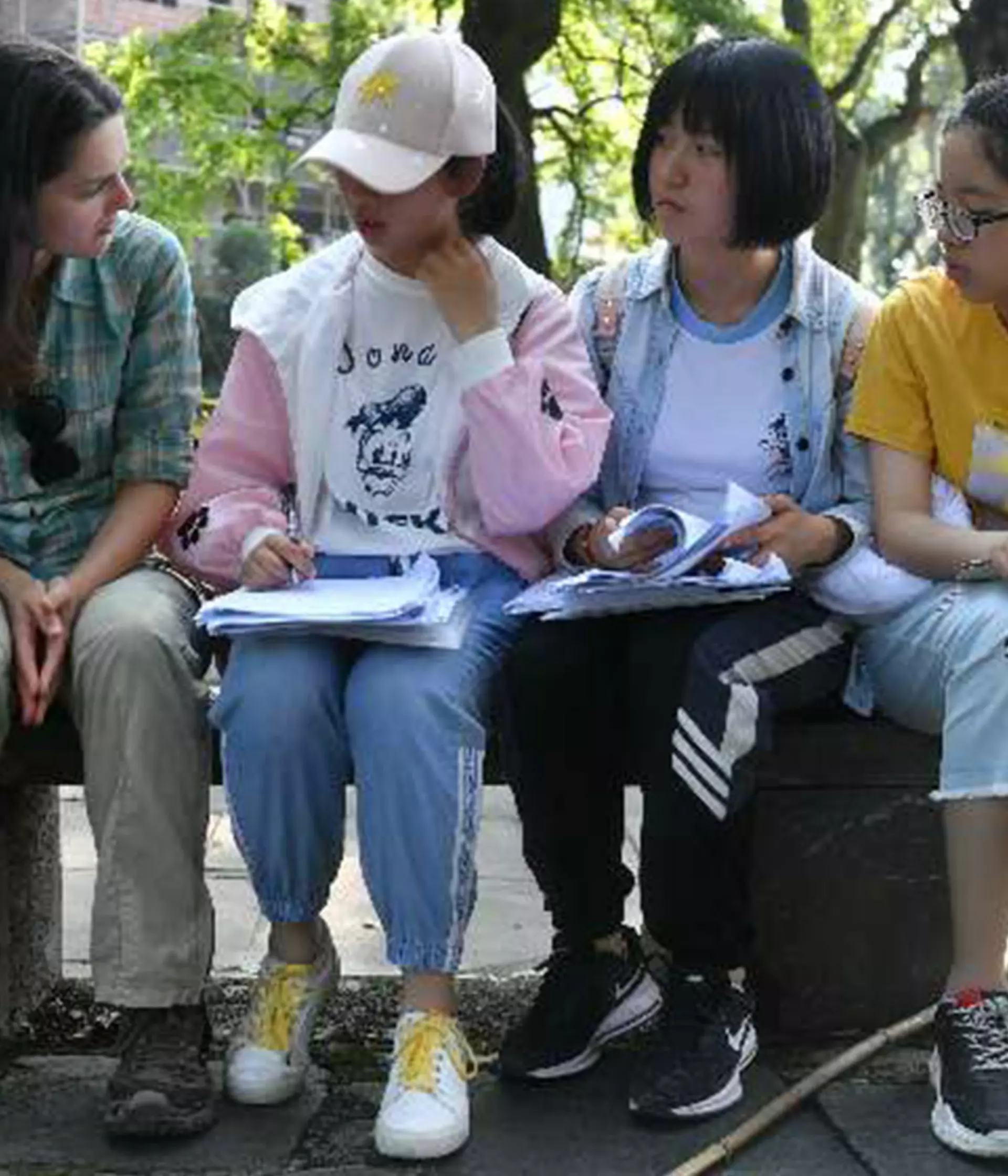
ZSL
Zoological Society of London
Researchers at ZSL’s Institute of Zoology (IOZ) Lucy Archer and Heidi Ma discuss their recently published paper which discusses the steps researchers and practitioners could take on the road towards a more inclusive and fair conservation sector.
This paper was co-authored by Yara Shennan-Farpón, Helen Muller, Lizzie Jones, Rosa Gleave, Aline da Silva Cerqueira and Thalassa McMurdo Hamilton.
Inclusion and diversity = better conservation
The success of biodiversity conservation is fundamentally reliant on the inclusion and participation of diverse groups of people. However, as a sector we often fall short in encouraging multicultural values and voices in conservation decision-making and practice. As early career researchers in conservation science, our respective research and conservation projects all involve species and ecosystems that are intertwined with human societies, and we use a mixture of natural and social sciences to understand our study systems more holistically.
In an article published in the journal People and Nature, we reflect on conservation’s colonial past, and the power imbalances in the history of natural science research, and how they have left a long-lasting legacy of inequality which continues to shape conservation science and practice today. We then critically examine our own education and professional experiences across a range of countries and social contexts, and discuss the consequences of practicing conservation with limited understanding of conservation’s history or key theories from other fields. These consequences manifest themselves in unequal power dynamics, the dominance of Western scientific thinking and the disproportionate weight that privileged, and predominantly white, scientific and charitable institutions hold in conservation decision-making.

How we got here
We embarked on this introspective journey, both individually and as a group of fellow scientists, when the Black Lives Matter movement gained momentum in mid-2020, prompting critical reflection of the systemic discrimination of disadvantaged groups across society. Although the issues highlighted by the movement were not new, it led us to think more deeply about our own awareness of ongoing injustices within our sector, and the role we play in perpetuating or countering them. We realised there were gaps in our knowledge, and that we lacked depth in our understanding of conservation’s history, and how it influences conservation and research today. Conservation’s colonial past has left a long-lasting legacy of inequality, such as the dominance of institutions and knowledge systems from the global north, which in turn raises barriers to representation and participation in conservation decision-making for many.

How can we make conservation fairer in future?
To catalyse proactive changes in this sector, we offer ideas for other researchers and practitioners, especially those at the start of their careers, to find ways to improve, change the conversations we have and promoting greater self-reflection on the impacts of our work. We hope to encourage other early-career researchers to seek a better understanding of the history and ethical components of our work, explore key theories from other disciplines, and engage with diverse knowledge systems.
We realised that few places exist to discuss these issues, and knowing where to begin can be a challenge, especially when literature on these topics often exists in other disciplines. Our own research interests and the growing acknowledgement of the importance of human dimensions in conservation—led to the formation of ‘Fairer Conservation Futures’, an online platform to share ideas, experiences, and resources that we have found useful.

Together, we hope to foster interdisciplinary approaches and improve conservation outcomes by incorporating social, cultural, economic, and political aspects into conservation research and practice. Ultimately, we envision a future where people from any backgrounds thrive as an integrated conservation community, feel valued and supported, and can contribute their unique experiences into working towards the common goal of protecting nature.

